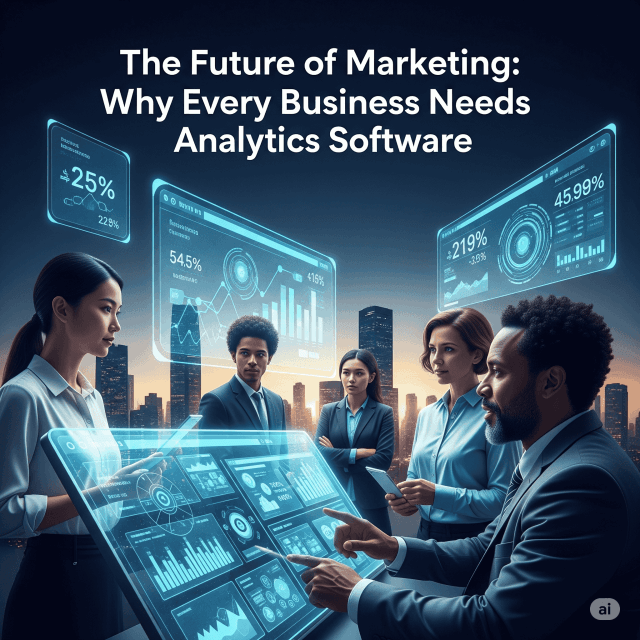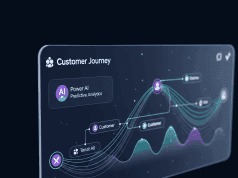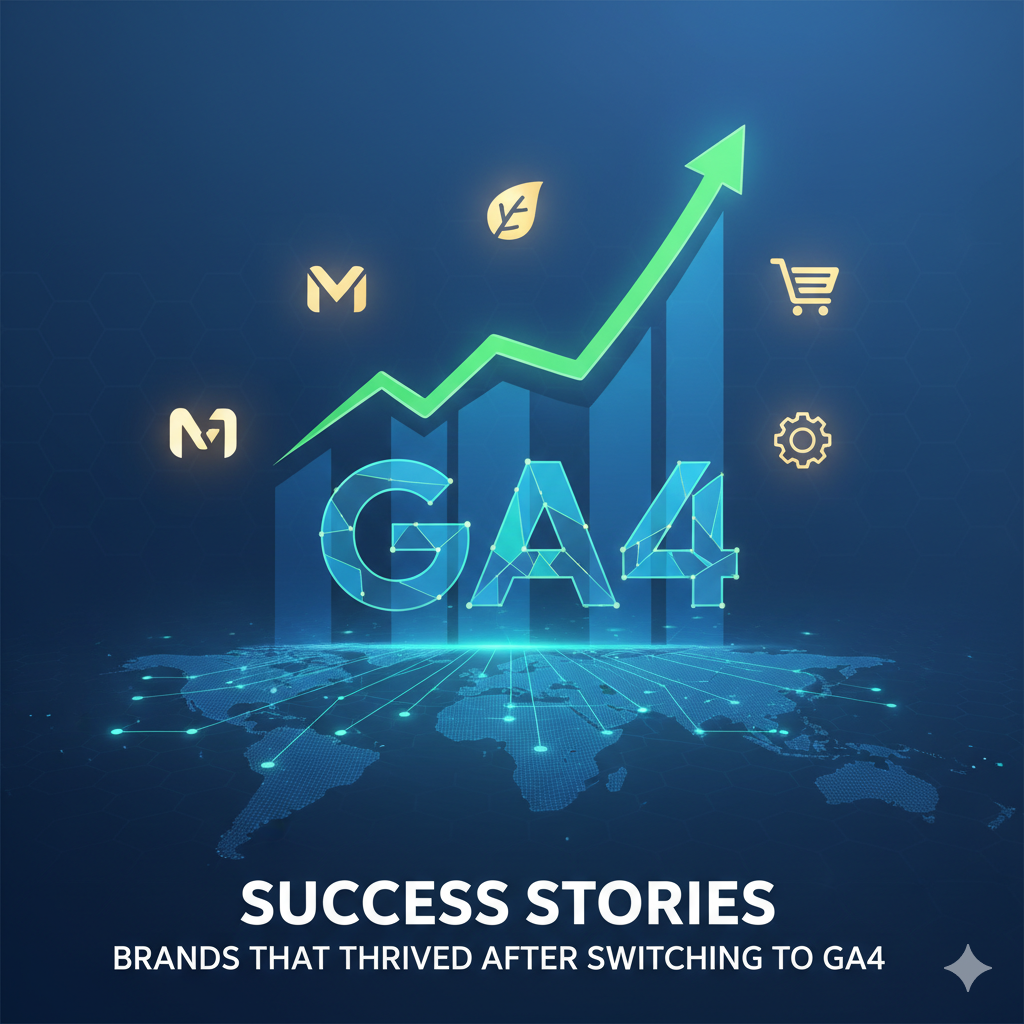In today’s fast-paced digital landscape, businesses face the challenge of navigating an increasingly complex marketplace. Traditional marketing strategies are becoming less effective, making way for a data-driven approach that leverages analytics software. This transition is not merely a trend; it is the future of marketing. Here’s why every business must embrace analytics software to stay competitive.
1. Data-Driven Decision Making
The most crucial benefit of analytics software is its ability to transform raw data into actionable insights. Businesses can collect vast amounts of data from various sources—website traffic, social media interactions, customer feedback, and sales figures. Analytics software consolidates this information, allowing companies to identify patterns and trends. With data-driven insights, businesses can make informed decisions that lead to improved marketing strategies and better ROI.
2. Understanding Customer Behavior
Understanding the customer journey is essential for any successful marketing strategy. Analytics software enables businesses to track customer interactions across multiple touchpoints, providing a comprehensive view of their preferences and behaviors. By analyzing this data, companies can tailor their marketing efforts to meet customer needs effectively, ultimately improving customer satisfaction and loyalty.
Example:
- Targeting: Analytics can help identify which demographics are engaging with specific products, allowing for more effective targeting in advertising campaigns.
3. Personalization at Scale
Personalization has become a key differentiator for brands in the digital age. Analytics software allows businesses to segment their audience based on various criteria, such as demographics, purchasing habits, and engagement levels. By utilizing this segmentation, companies can create personalized marketing messages that resonate with individual customers. This not only enhances customer experience but also boosts conversion rates.
Example:
- Email Campaigns: Businesses can send targeted emails featuring products similar to those the customer has shown interest in, significantly increasing the likelihood of a purchase.
4. Enhanced Marketing ROI
Calculating the return on investment (ROI) for marketing campaigns is vital for understanding effectiveness. Analytics software provides tools to measure and analyze campaign performance in real-time. Businesses can track conversions, cost-per-acquisition, and overall campaign engagement metrics, enabling them to allocate budgets more efficiently. By identifying high-performing channels, businesses can optimize their marketing expenditure and maximize profits.
5. Predictive Analytics
One of the most exciting advancements in analytics software is predictive analytics, which uses historical data to forecast future trends. By recognizing patterns, businesses can anticipate customer behavior and market changes, allowing for proactive strategies. This foresight can be particularly advantageous for inventory management, product launches, and promotional campaigns.
Example:
- Sales Forecasting: Predictive analytics can help businesses forecast sales trends based on past performance, informing stock levels and marketing efforts.
6. Competitor Analysis
Understanding the competitive landscape is essential for any business looking to grow. Analytics software can facilitate competitor analysis by tracking their marketing activities, audience engagement, and online presence. By benchmarking against competitors, businesses can identify gaps in their strategies and seize opportunities for improvement.
7. Integration with Other Technologies
Modern businesses often use an array of digital tools for operations, from CRM systems to social media platforms. Analytics software can seamlessly integrate with these technologies, providing a unified view of data. This holistic approach allows businesses to gain deeper insights and make more informed decisions across departments, from marketing and sales to customer service.
8. Real-time Reporting and Dashboards
The ability to monitor performance in real-time is a game-changer in marketing. Most analytics software offers customizable dashboards that visualize key metrics, allowing marketers to assess the effectiveness of their campaigns almost instantly. This real-time reporting facilitates quick adjustments to strategies, ensuring that companies remain agile and responsive to market demands.
Conclusion
The future of marketing lies firmly in the realm of data analytics. As businesses continue to grapple with an ever-evolving digital landscape, adopting analytics software is no longer optional—it’s a necessity. From enhancing customer understanding to improving marketing ROI and enabling personalization, the benefits of analytics software are manifold. Organizations that harness the power of data today will be better equipped to thrive in the competitive market of tomorrow, ensuring long-term growth and success. Embrace analytics software now to unlock a wealth of opportunities for your business.








